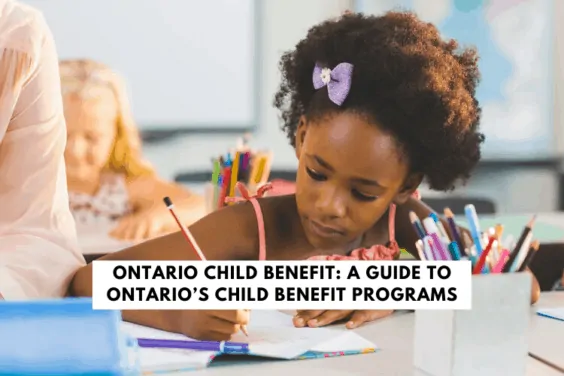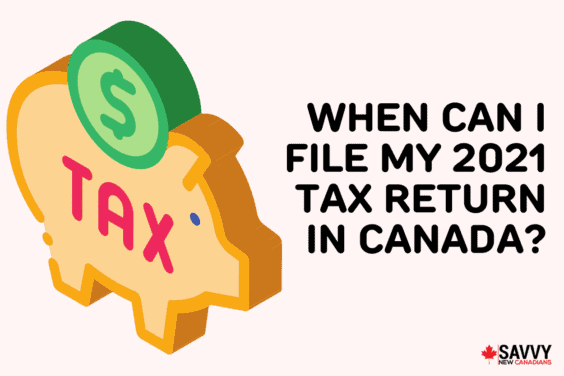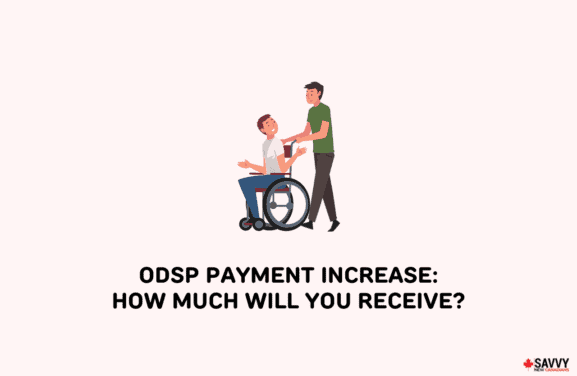With your financial health directly impacting your quality of life, financial literacy is one of the most important life skills to have.
However, most schools don’t teach this concept as extensively as necessary, so you must take the initiative to learn how to be financially literate on your own.
This article goes in-depth about financial literacy, why it’s important, its key components, and the best finance courses to kick off your journey toward becoming financially literate.
Key Takeaways
- Financial literacy is more than just knowing how to handle money; it’s also about implementing your financial knowledge and skills in everyday decisions.
- The key components of financial literacy include budgeting, saving, and debt management.
- Financial literacy allows you to avoid debt, grow your money, and eventually retire comfortably.
What is Financial Literacy?
Financial literacy means knowing how to manage money effectively and developing financial skills such as budgeting, managing debt, and saving.
It’s more than knowing how money works. Rather, it’s about actively learning how to control and grow your money instead of letting it control you.
That said, the earlier one becomes financially literate, the sooner they can achieve their financial goals or even early retirement.
Key Components and Objectives of Financial Literacy
Financial literacy involves numerous components and objectives. But these four are most relevant and should be started early.
Budgeting
Budgeting is the process of planning how exactly you should allocate your expenses. It involves listing your typical recurring expense categories, setting a limit for each of them, and doing your best not to exceed the amount you’ve allocated for each.
Budgeting ensures you don’t overspend and allows you to allocate money into your savings.
The 50/30/20 rule has proven to be one of the most effective methods for those just starting to budget.
Debt management
With the average Canadian owing almost $4,000 on their credit card alone, debt is no stranger to most of us.
The bad news is that debt, when left unmanaged, can easily go out of control, possibly dragging your financial stability down with it into the future.
Financial literacy teaches individuals to tackle debt, usually as early as possible. This way, the money that would otherwise go straight into paying off interest stays in your pocket instead.
Saving
One of the earliest skills financial literacy teaches is the importance of saving up.
There’s no one-size-fits-all approach to how much money you should save each month, but as mentioned, saving around 20% of your monthly income is a good start.
Eventually, you also want to separate your emergency funds from savings that are allocated to your travel, vacation, and other big purchases.
Retirement planning
The younger you are, the more distant the thought of retirement usually is. However, financial literacy highlights the importance of planning your retirement as early as possible.
For Canadians, the RRSP and TFSA are the two major ways to save for retirement in Canada. The more you can contribute to these accounts, the more comfortable your retirement years will be.
This is Why Financial Literacy is Important for Students (And Everyone!)
Financial literacy is so important for students and pretty much everyone because it’s the most reliable way toward financial freedom, especially if you’re starting from scratch.
Sure, on rare occasions, one may strike gold by winning the lottery or receiving an inheritance. But the truth is–most of us won’t.
Even people who earn the most may eventually struggle financially if they don’t properly manage their money. But, those who are financially literate and diligent will almost always secure their financial stability and a comfortable retirement.
How to Become Financially Literate
There are various paths to becoming financially literate, but they can all be summarized under one umbrella: educating yourself about how finances work and applying that knowledge.
It’s crucial to note that financial literacy is not just about ‘’knowing’’ how to control money. You must put that knowledge to work.
The Best Free Personal Finance Courses
Some of Canada’s top free personal finance courses include the McGill Personal Finance Essentials, Globe and Mail’s Newcomer’s Guide To Finances in Canada, Desjardins Personal Finance: I’m in Charge, and The Credit Counselling Society: The Truth About Credit.
These courses cover financial literacy basics, including budgeting, managing debt, and saving money.
Once you’re ready to grow your money through investments, I recommend checking out this Do-It-Yourself investing course I’ve developed to teach beginners how to invest in major assets such as stocks, bonds, mutual funds, and ETFs while minimizing risks and maximizing profits.
You’ll be guided by detailed videos showcasing the exact step-by-step process of investing, including how to pick promising stocks, manage taxes, and reach your investment goals.
Trust me, you’ll learn that investing is nowhere as intimidating as many think it is.
Advantages and Disadvantages of Financial Literacy
Let’s cover the pros and cons of becoming financially literate.
Pros:
- Avoid or get out of debt
- Save and grow your money
- Improve your financial standing
- Have a healthy relationship with money
Cons:
- Becoming too “confident” may lead to trying “high-risk” investments that can result in financial losses
- Needing to limit your current wants and/or needs for your future financial stability
- Potentially stressful mental burden of actively thinking whether purchases are worth it
Related: How To Build Wealth in Canada




This is all great stuff, Enoch! I’m really passionate about financial education in the workplace and it’s really well-received.
Let’s keep beating the drum on improving financial literacy for Canadians. 🙂
Best,
Steve
@Steve: Thanks! Yes, this cannot be overemphasized, and I believe you are making a significant impact.